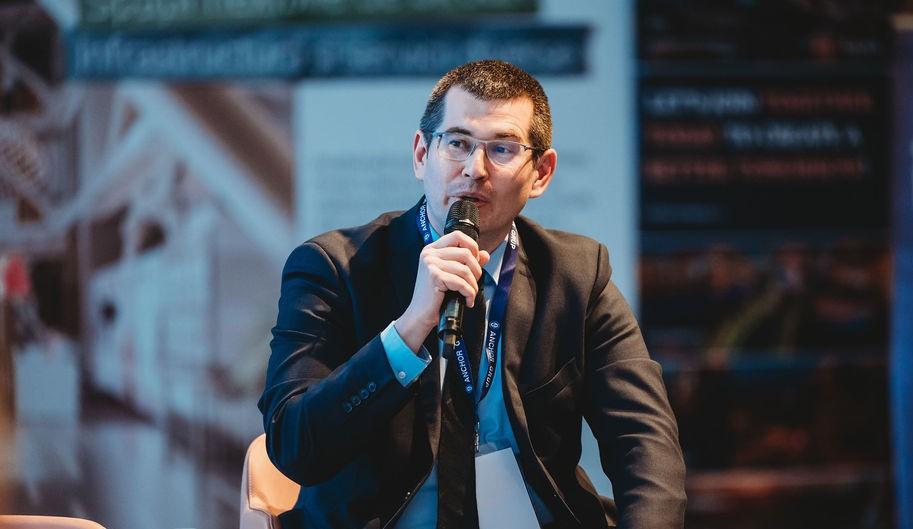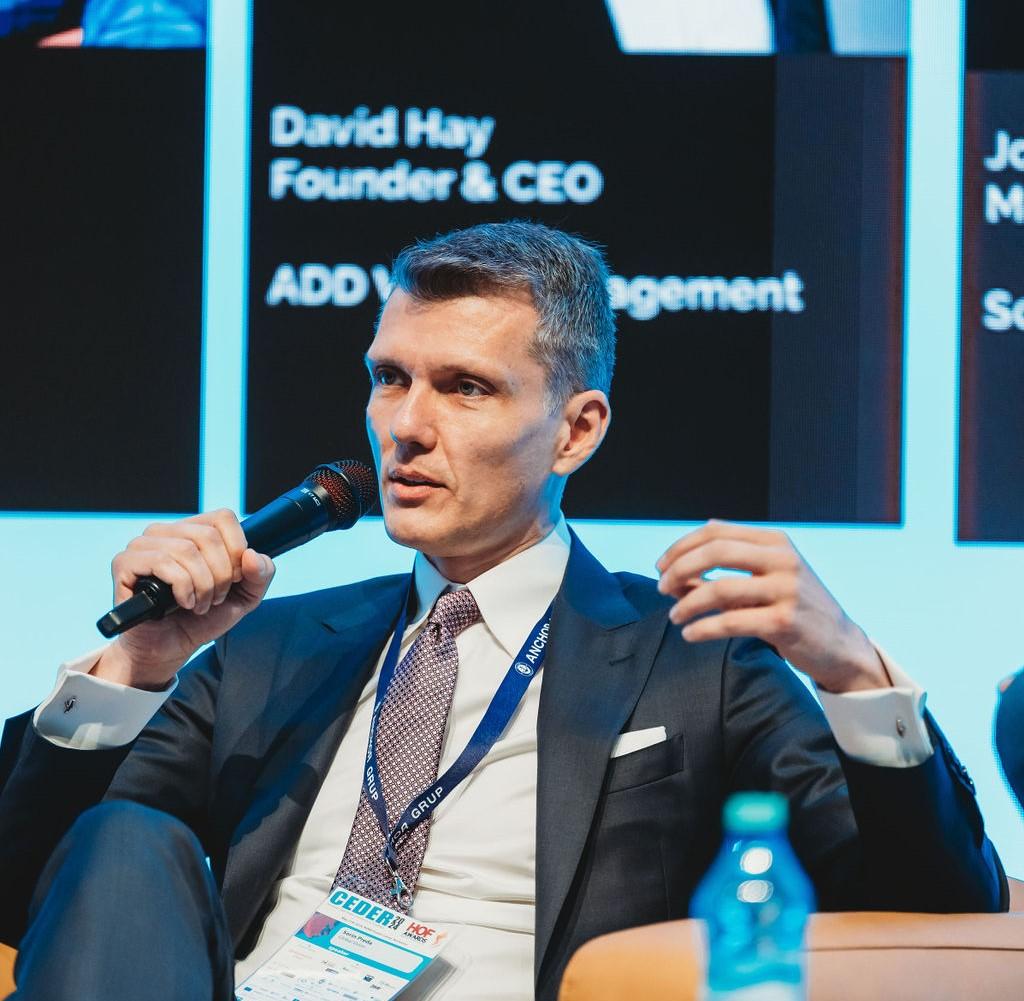CEDER 2024 in review: Logistics and the defence industry
During their market presentation held at CEDER 2024, CBRE described the investment market by saying that, given the events of the last years, like the pandemic and the war in Ukraine, but also the elections this year, which will affect almost 40% of the global population, the world is getting used to stable disruption.
Later in their presentation, speaking about the logistics market, the presenters from CBRE explained that Romania has very strong structural factors, making it an interesting option for investors: “We now have access to Schengen by sea, access to Schengen by land will also come at some point, and then you have the infrastructure that is developing. (…) That's underpinning the positioning for logistics in Romania.” They also spoke about more production coming into the country, as the nearshoring, which has been expected for years, is starting to materialize.
During the Primary and Secondary Investment Market panel, Sorin Preda, Founder & CEO of Global Vision, spoke about the challenges the market faces by saying: “It doesn't mean necessarily that it's a bad moment. This means to me, a developer and an investor in logistics, that we just have to readjust our plans and to speak with the investor a different language.”
He went on to speak about new opportunities coming from the defence industry: “I can confirm you that in the past two weeks my agenda was very much busy in meetings with defence companies. (…) I met companies interested to start production, new production premises in central eastern Europe, especially in Romania. I found a lot of contractors in defence sector dealing with defence logistics. So that's a new opportunity. I believe if we look correctly to the picture, we will just understand two things. One, where to invest the capital. Second, how to raise the capital.”
He concluded by saying that, contemplating the potential importance of such new opportunities for both the logistics and industrial markets, he sees them as a trigger for a new beginning: “namely to invest and to develop our own platform, (…) that will have behind various profiles of investors, not only institutional or public listed companies.” He added that Romania has a large pool of potential investors amongst “families with very solid businesses that are looking to invest capital in long term projects.”
When asked by moderator Robert Miklo, Director for Investment Services at Colliers, whether Romania was a real option for investors from the east, he answered that our country was indeed an option, for two reasons: “First of all, geographically speaking, we are the most eastern border of NATO and European Union. We are on the border with the world. So, we are logistically wise, we are an option for creating here a huge hub for defence logistics. Secondly, imagine that we have also a lot of countries in Middle East Asia, South Korea, Japan, that are looking to export their capital in Europe in strategic sectors like defence. And they are here already with real intentions of developing production premises.”











